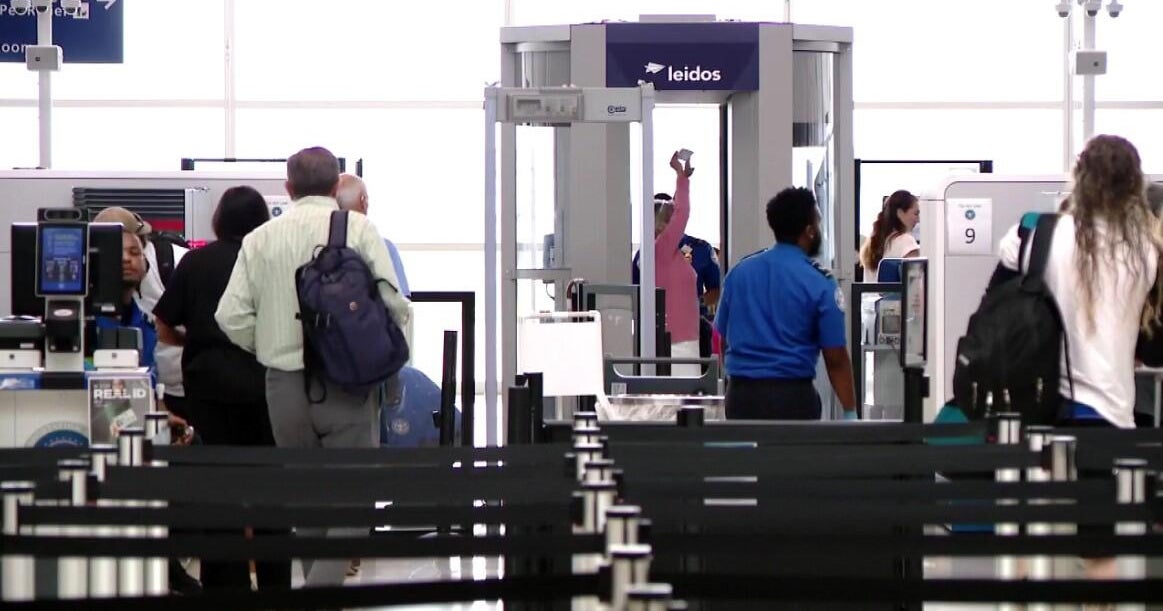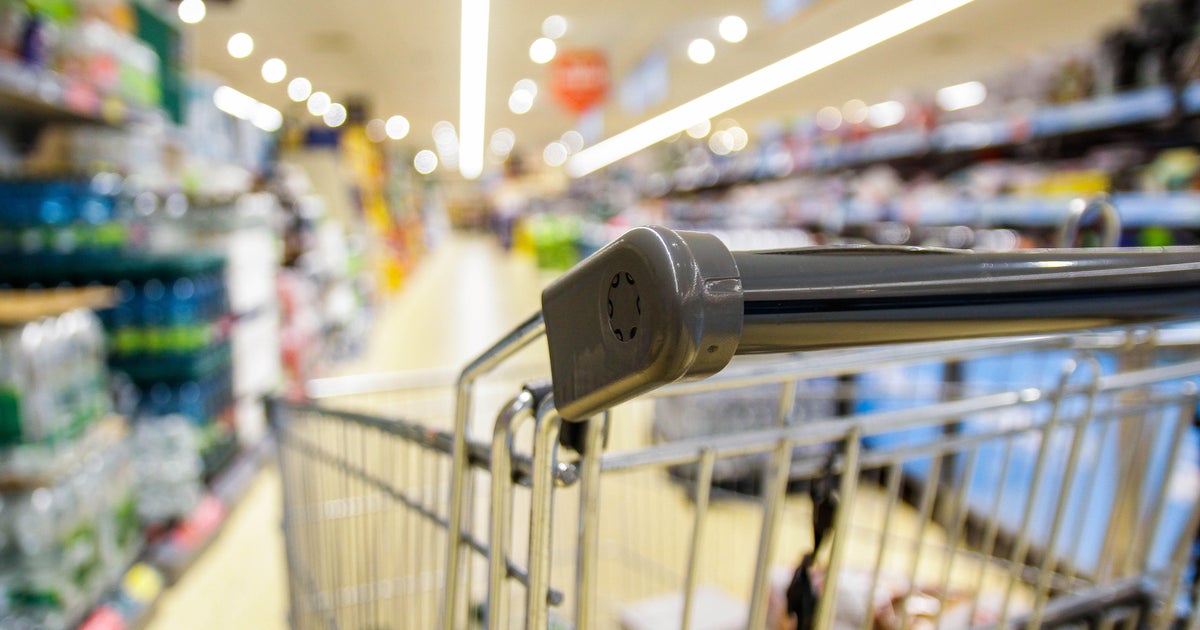Despite pledges, only 1 of 22 major companies paid workers a living wage, report finds
Shortly before the coronavirus exploded around the U.S., CEOs of 180 major American companies vowed to do better by their employees and communities. Instead of putting profits for shareholders above all other corporate interests, members of the Business Roundtable declared a "fundamental commitment to all of our stakeholders" — specifically, that meant investing in workers and ensuring they are "compensated fairly."
Nearly three years later, many companies are failing to deliver on that commitment, according to a recent analysis from the Brookings Institution. Despite offering worker public praise and modest wage increases, these companies rewarded shareholders far more generously, the researchers concluded.
The centrist think tank evaluated 22 leading companies that together employ 7 million American workers. The list includes retailers Amazon, Best Buy, CVS, Target and Walmart; grocers Albertsons, Costco and Kroger; hotel chains Hilton and Marriott; and restaurant chains Chipotle, McDonald's and Starbucks.
Brookings found that during the pandemic, those 22 companies spent five times more on dividends and stock buybacks than on additional pay for workers.
"[D]espite the fact that more than half of companies increased their minimum wages during the pandemic, not one pays a minimum wage today that meets the living wage standard," the researchers said.
Costco, where the starting pay is $17 an hour, is the only one that comes close to a living wage (which is $17.70 by Brookings' estimate). Only five companies — Amazon, Best Buy, Costco, Marriott and UPS — pay a living wage to at least half their workers, Brookings found.
What is a "living wage"?
Brookings defines a living wage as one sufficient for a worker to cover basic expenses, including housing, food, health care and child care, as well as to pay their taxes. That pay doesn't allow for savings or extras like eating out or entertainment. Although a living wage varies regionally according to the local costs of living, Brookings pegs the national average at $17.70 an hour, or just under $37,000 per year.
Over the course of the pandemic, Amazon gave workers the biggest pay hike of the 22 companies analyzed by Brookings. Adjusted for inflation, Amazon's workers today earn 10% more than they did in October 2019, Brookings found.
But that increase was dwarfed by the profits reaped by investors. Amazon shareholders saw their shares in the company rise by a a total of $767 billion during the pandemic. By comparison, between January 2020 and October 2021 the ecommerce giant spent an additional $4.3 billion on worker pay, including COVID-19 "hazard" pay, bonuses and permanent wage increases.
Home Depot increased stockholders' wealth by $149 billion, and Lowe's by $70 billion. If the home-improvement companies had redirected the cash spent on repurchasing their stock to worker pay, Home Depot could have more than doubled their typical worker's annual income, which last year was just $24,500, according to Brookings. Lowe's could have given workers a 75% raise, raising median annual pay at the company to $47,000.
Home Depot and Lowe's did not immediately respond to a request for comment.
Senior executives at the companies Brookings examined also have fared well during the pandemic, sometimes seeing their annual compensation jump by millions of dollars.
That includes companies that saw record profits and soaring stock prices, as well as businesses in the leisure and hospitality sector that fared badly in the early days of the pandemic. Even as they laid off or furloughed frontline workers, some of these companies took steps to protect CEOs' pay.
"Nearly half of the hard-hit companies changed their compensation rules in ways that protected tens of millions of dollars in CEO compensation, even while companies underperformed and workers lost income," Brookings said.
"Little meaningful change"
Brookings singles out Chipotle, Dollar General and McDonald's as companies with the widest gap between what chief executives and average workers earn. Chipotle and McDonalds have the lowest minimum wages in the analysis at $11 per hour.
"Executives and shareholders amassed trillions of dollars while most of the workers generating those fortunes still do not earn a living wage," the researchers said.
This state of affairs isn't lost on workers — the pandemic has unleashed a wave of organizing unseen in decades, including high-profile union campaigns at Amazon and Starbucks. Much more is needed to level the playing field, according to Brookings.
"When we started this analysis nearly a year ago, there were multiple reasons for optimism that the 22 companies in this analysis might live up to the potential of this moment," the authors write. Yet despite record corporate profits, a tight labor market and companies' own pledges to do better, "the pandemic test of these companies reveals little meaningful change."



